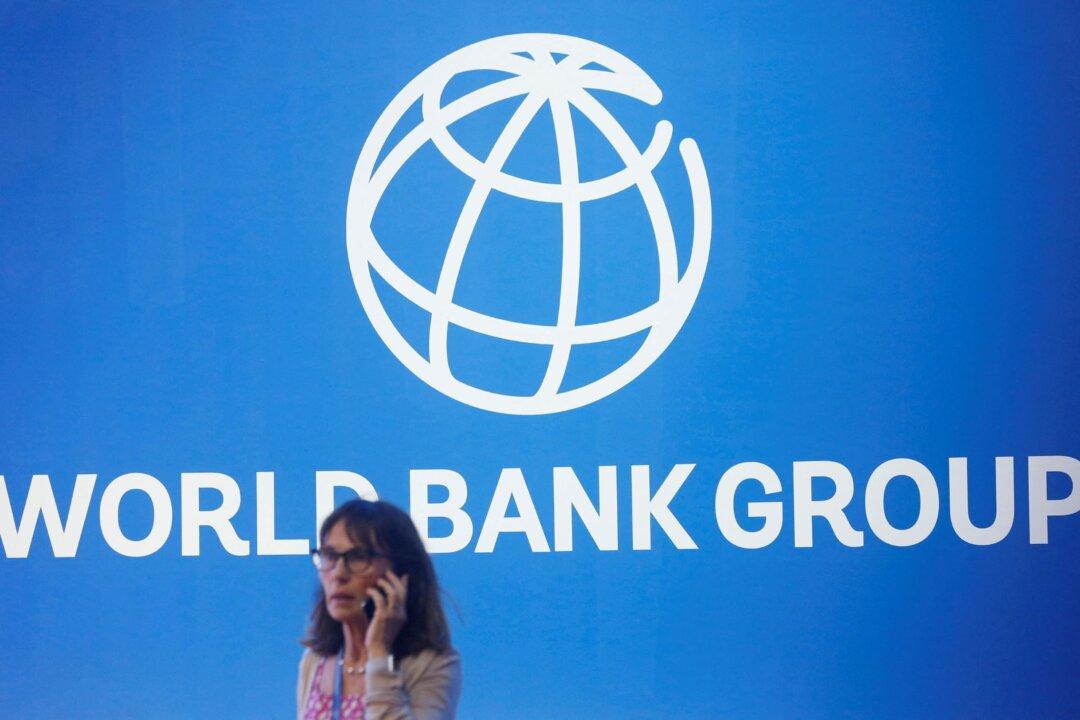The global economy is poised to endure its worst half-decade of growth in 30 years as the world potentially faces a “decade of wasted opportunity,” the World Bank warned in a new “Global Economic Prospects” report.
Global growth is forecast to slow for the third consecutive year, sliding to 2.4 percent in 2024 from 2.6 percent in 2023. That’s nearly three-quarters of a percentage point below the previous decade’s average.





